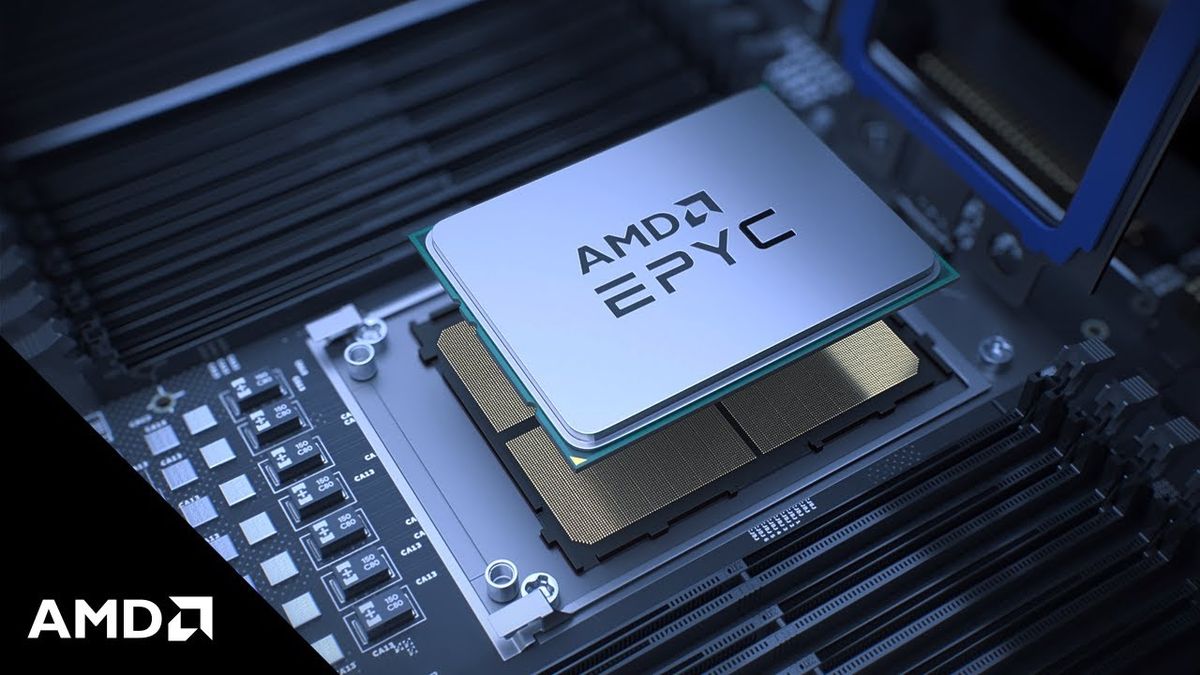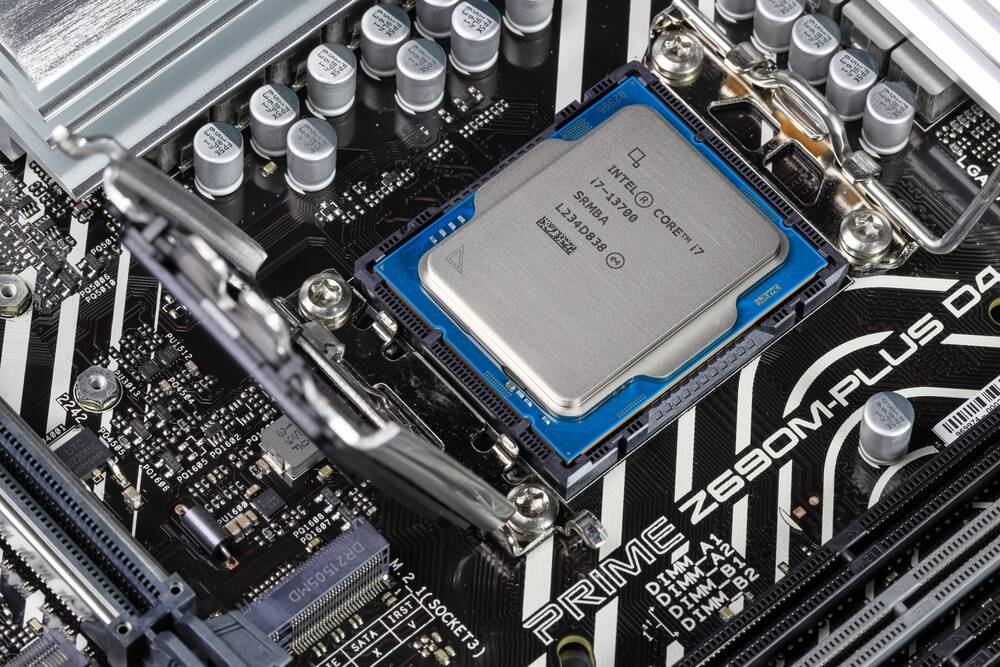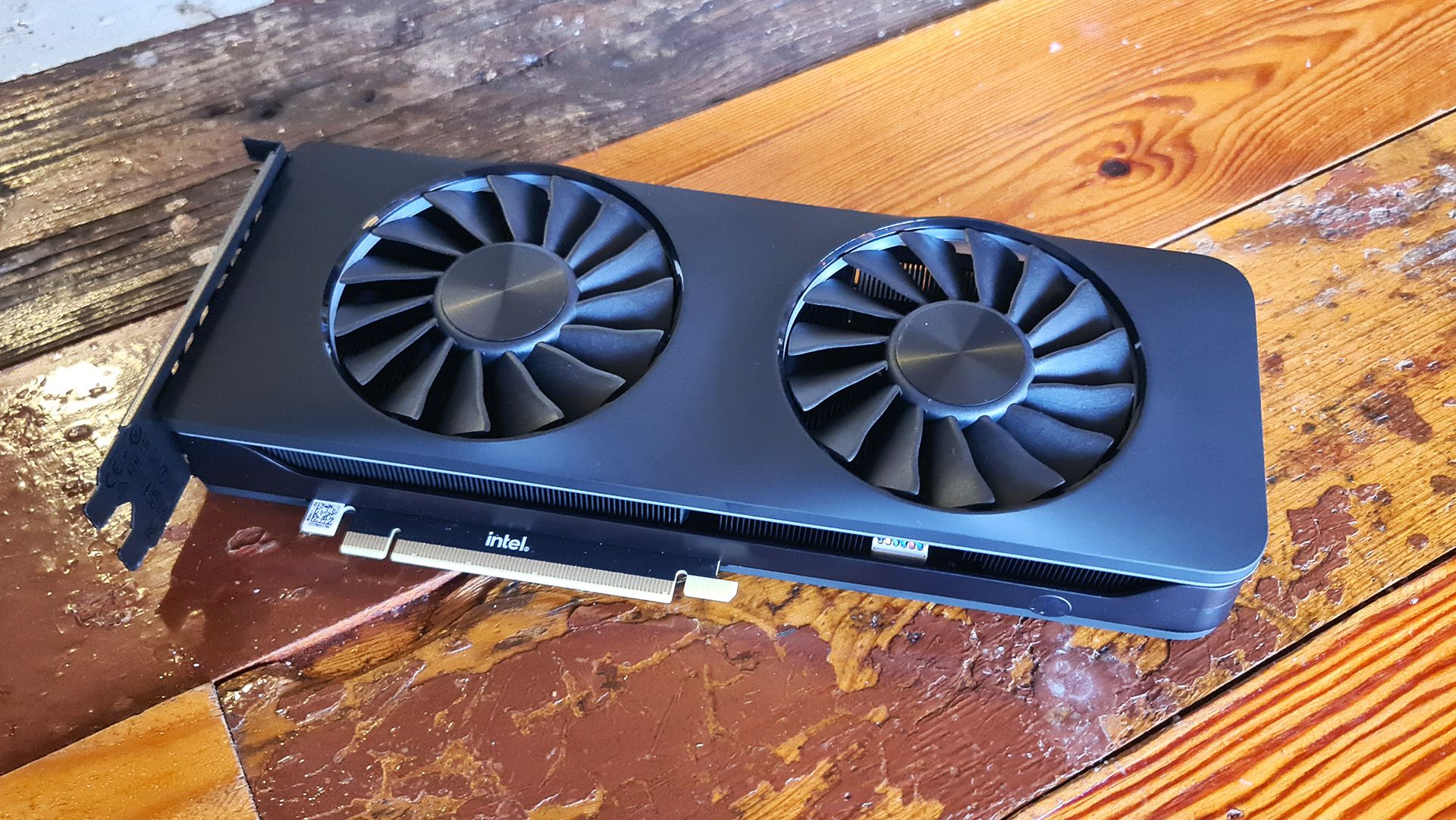10th gen: last Skylake-based 14nm+++++++++++++ CPU. Higher memory speed of 2933 for i7 and 2666 for i5/i3.I’m out of the loop. Could someone please bullet point What’s happened to intel in the last 5 years.
11th gen: new "Cove" based architecture.
- Suffered poor performance and efficiency due to being backported to 14nm (was supposed to be on 10nm).
- Gaming performance not great compared to 10th gen, but productivity performance was improved due to higher IPC. The IGP also got an upgrade from Skylake in terms of features.
- Platform introduced PCI-E 4.0 support. Higher memory speed of 3200.
12th gen: first CPU on 10nm and a decent upgrade on the Skylake architecture.
- Introduced hybrid architecture with performance cores (P-Cores) and efficiency cores (E-Cores).
- Productivity performance greatly improved on E-Core models.
- Platform introduced PCI-E 5.0 support and DDR5 (4800).
13th-14th gen: pretty much the same as 12th-gen, but there were some tweaks to the cache and it has significantly higher gaming performance in some circumstances for the true "Raptor Lake" models (most of the non-K models are not).
- Memory speed uprated to 5600 for K models and i5-14600.
13th-14th gen: suffered multiple problems, believed to be due to manufacturing, design and BIOS/microcode bugs.
- The fix status is not confirmed by the community, but Intel claims that it is (if you update your BIOS to the latest).
- Degraded CPUs are unfixable and have to be returned. K-CPUs have an extended warranty of 5 year if they are retail boxed. 12th gen CPUs are not affected.
15th gen: renamed to Core Ultra. Unlike 12th-14th it is no longer compatible with DDR4.
- Manufactured by TSMC, instead of Intel.
- Hybrid architecture kept, but hyperthreading has been dropped on the P-Cores.
- Performance is currently rather inconsistent and a questionable upgrade on 13th-14th gen CPUs, but the platform is improved versus previous gen (which was not competitive with AMD's AM5).
- Platform introduced PCI-E 5.0 lanes for a M.2 slot (13th-14th had to steal these from the GPU) and higher memory speeds (up to 6400).
Last edited:




